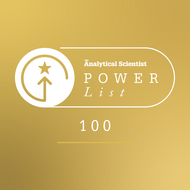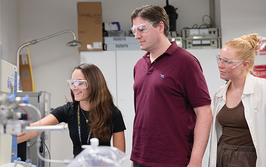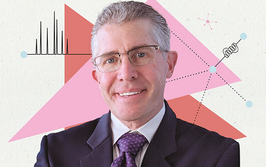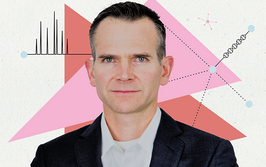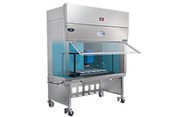Ian Wilson
The Power List 2015
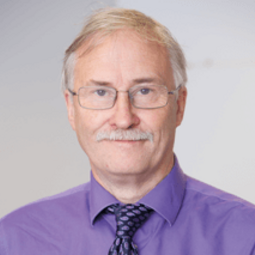
Ian Wilson
Professor, Chair in Drug Metabolism and Molecular Toxicology, Department of Surgery & Cancer, Faculty of Medicine, Imperial College London, UK.
Most important lesson Depressingly is the most important lesson that I have learnt is that persistence matters more than inspiration (though inspiration helps!). In one case it took nearly 30 years to make real progress on a particular observation mind you, when that progress arrived, it was well worth the wait.
Encounters with serendipity If you keep the definition of serendipity as lucky accidents, then all the time, usually at scientific meetings where I have been talking /listening to someone and realized that they have a ready made solution to a problem that I have been trying to solve for ages. A trivial example, but one that really changed the way we worked, was when I was (half) listening to a talk on ICP-MS and heard the speaker say, in a throw away comment, that you could determine bromine with it. We were working on a bromine-containing compound and wanted to determine the total concentration of it and its metabolites in urine. Suddenly I was presented with an apparently elegant and sensitive answer. When a manufacturer demonstrated that it really worked, and also showed us that we could perform LC-ICPMS for metabolite profiling as well as total bromine, we went away and bought the instrument. It was probably the easiest sale that they had ever had.
Most unexpected outcome That my career happened at all...
Eye on the horizon I have a number of fields of research, but all center around the use of information rich analytical techniques aimed at extracting as much metabolic information as possible from biological samples so that knowledge can be extracted that provides deeper biochemical and systems understanding. I would like to keep my immediate research group relatively small to ensure that I stay focused, but intend to keep my research capabilities high by engaging with some great collaborators to do the heavy lifting!. In fact, in my opinion, collaboration and pooling of resources is going to be especially important in the future, as funding is likely to remain tight for the foreseeable future.
In terms of analytical sciences in general it is undeniably the case that this must be the best time in all of human history to be an analytical scientist given the speed and power of the technologies available to us. The only problems are the expense of modern equipment and the difficulty of thinking up good enough questions to answer with them.
